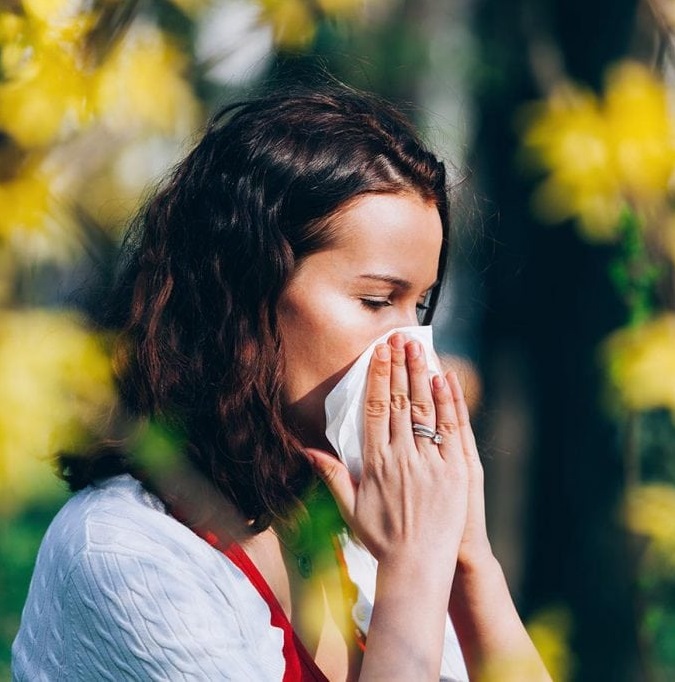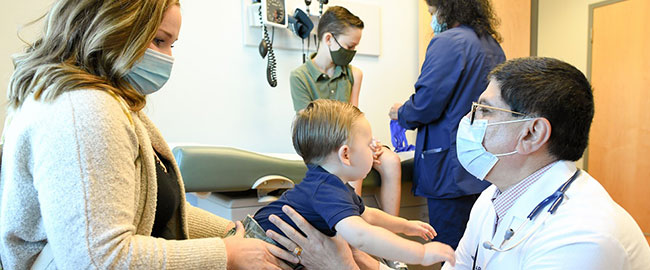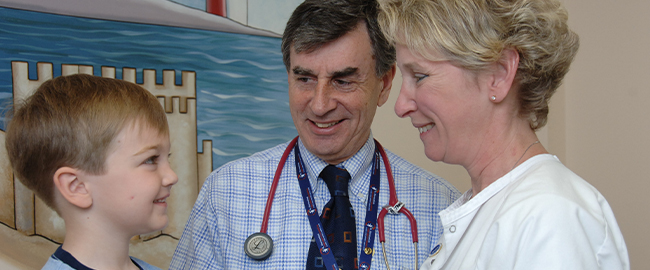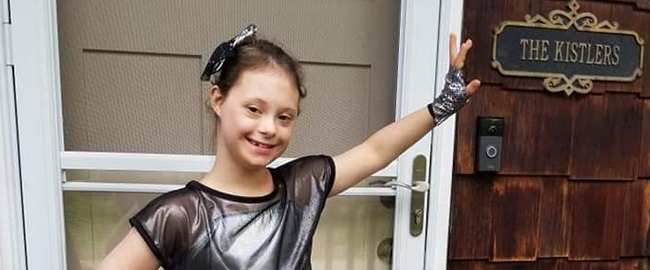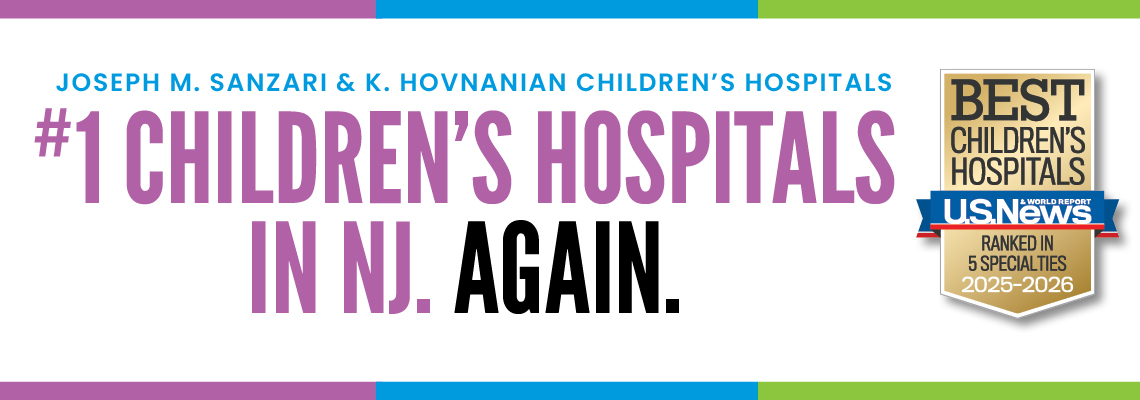

Pediatric Allergy and Immunology
Expert allergy and immunology care for children in New Jersey
As a parent, watching your child experience discomfort or serious health issues is challenging.
When your child has allergies or immune system problems, it is natural to feel concerned and overwhelmed. At Hackensack Meridian Children’s Health, we are here to support you every step of the way, providing expert care for your child in a compassionate and understanding environment.
We proudly serve families across New Jersey, including areas such as Bergen, Essex, Hudson, Monmouth, Middlesex, Ocean, and Passaic counties, ensuring that expert pediatric care is always within reach.
Understanding Pediatric Allergy and Immunology
Pediatric allergy and immunology covers the diagnosis and treatment of a wide range of conditions from everyday allergies to complex immune system disorders.
Although closely related, these two areas are distinct:
- Allergies occur when the immune system overreacts to harmless substances such as foods or pollen.
- Immunology focuses on identifying and treating deficiencies or abnormalities in the immune system.
Children may react to foods, medications, or environmental triggers, and these issues often appear early in life. Our team has expertise in caring for infants and toddlers with food allergies, which require careful, comprehensive management. We also treat children with more complex immune deficiency disorders, which may involve recurring infections or other serious health concerns.
Our Locations
Joseph M. Sanzari Children's Hospital at Hackensack University Medical Center
650 From Road, 5th Floor, Paramus, NJ 07652
551-996-2065
K. Hovnanian Children's Hospital at Jersey Shore University Medical Center
19 Davis Avenue, 5th Floor, Neptune City, NJ 07753
732-897-3400
Specialized Programs and Clinics for Children
At Hackensack Meridian Children’s Health, we offer a range of specialized services to address your child’s unique needs. Our team of pediatric allergists and immunologists is equipped to handle everything from common allergic reactions to the most complicated immune system disorders.
Frequently Asked Questions About Pediatric Allergy and Immunology
Our Pediatric Allergists and Immunologists
Why Choose Us
Why Choose Us for Pediatric Allergy and Immunology?
Your child deserves access to some of the leading pediatric allergists and immunologists. Choosing Hackensack Meridian Children’s Health for pediatric allergy and immunology care means you get:
Seeing the Whole Picture
13-year-old Thriving With Immunoglobulin Replacement Therapy
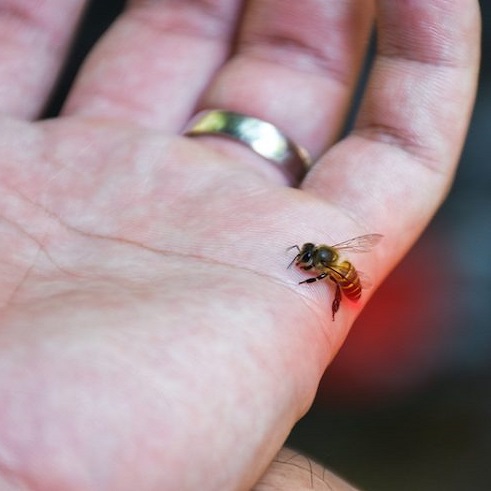
How to Treat Common Stings

Your Halloween Candy Questions Answered
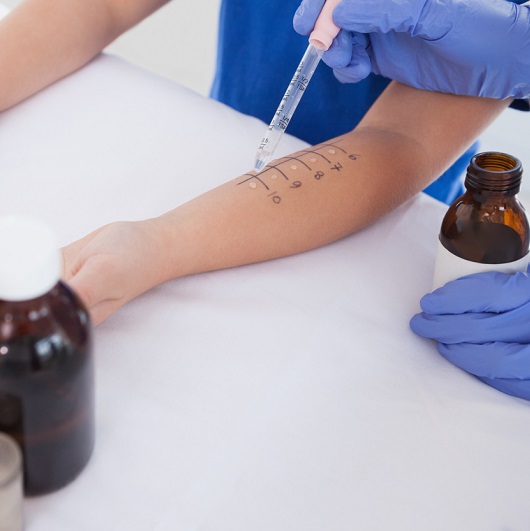
How to Prepare for Your Childs Allergy Testing
